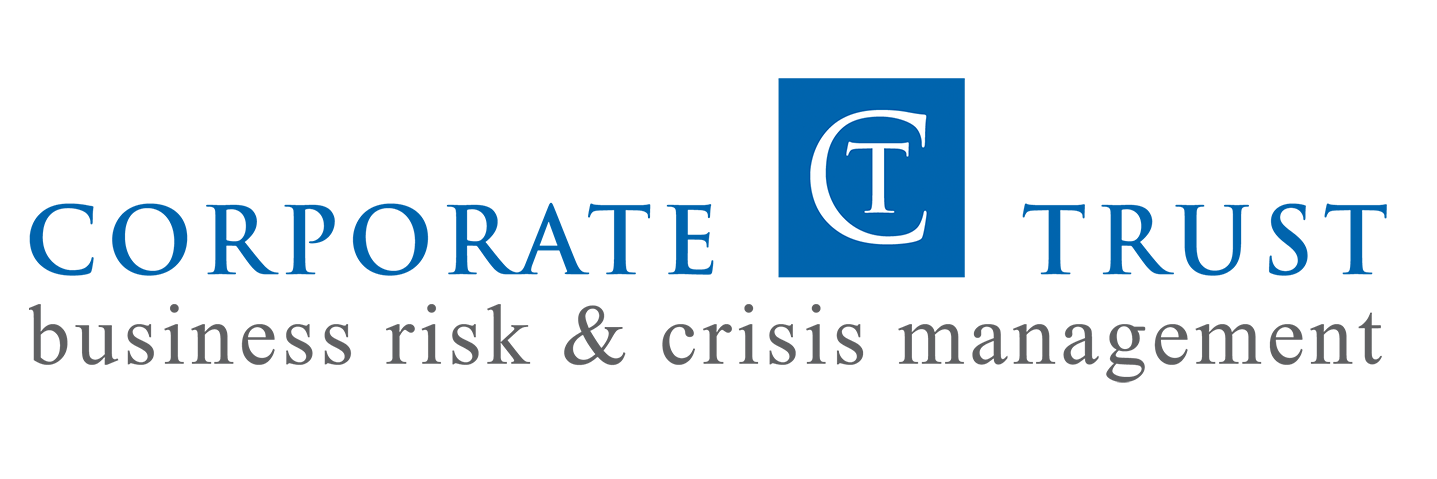A wave of corporate takeovers has started this year, with private equity deals more than doubling in the first quarter compared to the same period last year, according to M&A analysts. The groundswell is in large part a release of investor demand that had been pent-up by the pandemic. But buyers beware: Leaving holes in your due diligence can become expensive later. Here are our 4 Top Tips for an enhanced due diligence, based on our decades of experience as corporate investigators and trouble-shooters:
- Identify key personnel who are crucial to the company’s continued success (for instance, key engineers, salespeople, developers etc.) and make retaining them a top priority for the acquisition.
- Besides the due diligence on the financial and legal situation, which is standard, conduct an additional due diligence on the integrity and business interests of the key personnel. These background checks will help you identify risks early, such as key managers going into business for themselves and/or taking proprietary information with them before the takeover.
- PEP/Sanctions Check – Check compliance and sanctions databases to avoid unpleasant surprises. Politically exposed persons (PEPs), for instance, have a higher risk of potential involvement in bribery and corruption due to their influence. And sanctioned individuals are always a headache.
- Check the company’s IT infrastructure security. This can be done from the outside first in a non-invasive manner with a Cyber-Security Screening. Later, this should be followed up by an in-depth look when you have access to the new company’s premises and systems.
What Can Happen
We don’t want to be doomsayers, but sometimes bad things do happen during takeovers. A typical case of what can go wrong can be found here.
Other recent examples from our takeover case book:
- The new owners discover that the sellers still have access to the company’s servers. Not only was a transfer of admin passwords neglected, but for months there have been open backdoors that were installed into the system by the old management.
- Proprietary information such as engineering, sales or R&D data was squirreled away by the sellers
- All existing customers are contacted by former employees of the company post-deal and offered a cheaper service through a new entity they control
As a result, the acquisition drops in value soon after the deal is finalized, creating months of crisis management for the PE managers and weighing down on the value of their portfolio. All of this is stressful; the good news is it can be avoided with a proper due diligence.
The author:
Sebastian Okada is proxy-holder and head of Investigations & Fraud Prevention White-Collar Crime at Corporate Trust in Munich. He has been conducting investigations and due diligences worldwide for almost 20 years.
+49 89 599 88 75 80
